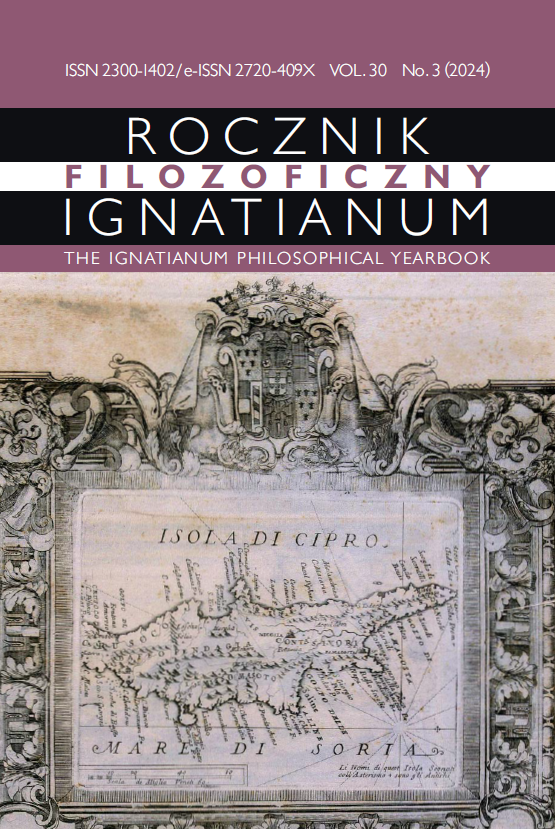The Ideology and Symbolism of Socialism in the Tourist Architecture of Montenegro
Abstract
This topic focuses on the analysis of the symbolism of socialism in the tourist architecture of Montenegro in the second half of the 20th century. The research includes a multi-layered analysis of the emergence and development of tourist architecture in the area of the Montenegrin coast in the specific socio-political context of the former Socialist Federal Republic of Yugoslavia. The period to which the research refers is the time with a particular ideological message of socialism, not only as a unique political system but as a way of life with the dominant idea of social equality of all citizens and the period of the appearance of mass tourism and social tourism. This social phenomenon led to the construction of tourist facilities intended for the rest and recreation of workers, youth, and children. The study presents how entire complexes of tourist buildings and numerous tourist settlements were built in an undeveloped area, changing the natural landscape and image of the Montenegrin and Yugoslav Adriatic coast. This research shows how the symbolism of socialism was implemented in the architectural and urban concepts of tourist architecture through various spatial and functional relationships that propagated the idea of this period and created the identity of the researched area.
Copyright (c) 2024 Ignatianum University in Cracow

This work is licensed under a Creative Commons Attribution-NoDerivatives 4.0 International License.
The Yearbook only accepts materials for publication that are free of all conflicts of interest, and that in no way involve conflicts over authorship, copyright, etc. The Editors will take action against any cases of plagiarizing, ghostwriting1, guest/honorary authorship2, etc. Where co-authored work is concerned, the Author listed first is expected to take responsibility for the submission, and is required to make clear the contributions of all of the Co-Authors involved. In the event of the publication owing its existence to funding dedicated to this purpose, this fact should be made clear: e.g. in any note of thanks/acknowledgement, or in a footnote, etc. Explicit notification should be given of any form of reprinting, with the appropriate evidence of permission to publish being furnished as required. Any impropriety on the part of Authors/Reviewers risks exposing them to appropriate responses from the relevant institutions.
______
1 This term refers to instances of a person who has made an essential contribution being omitted from the list of authors, or from notes conveying gratitude and/or acknowledgement.
2 This occurs when a person who has made either an insignificant contribution or no contribution at all nevertheless appears on the list of authors.





